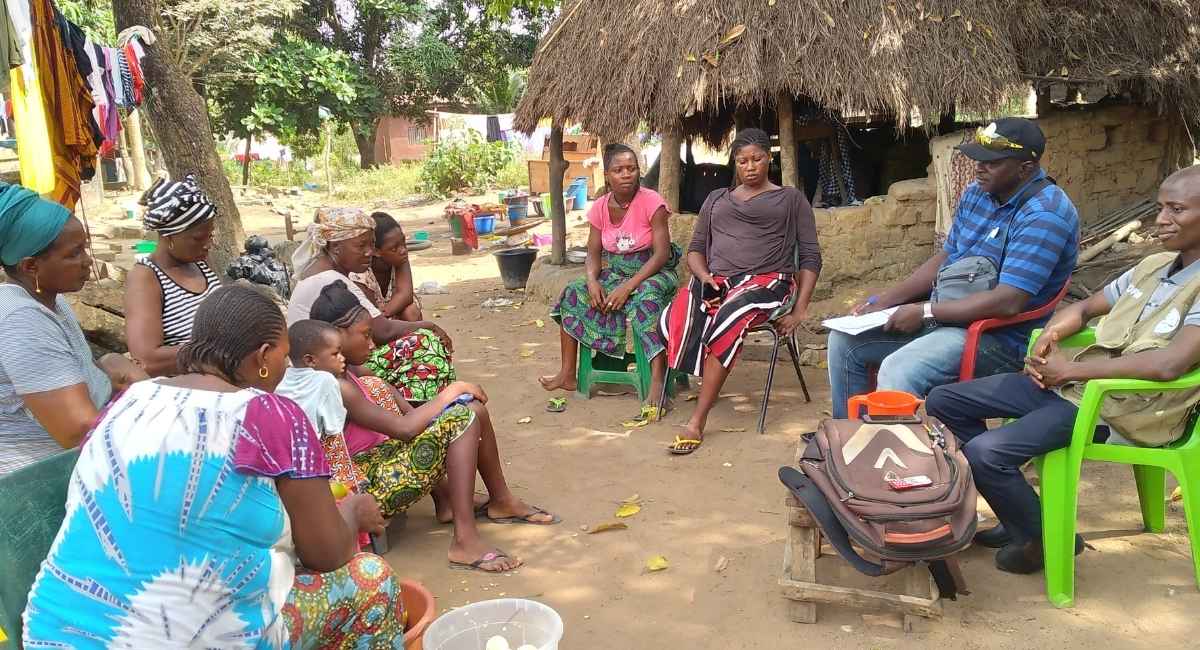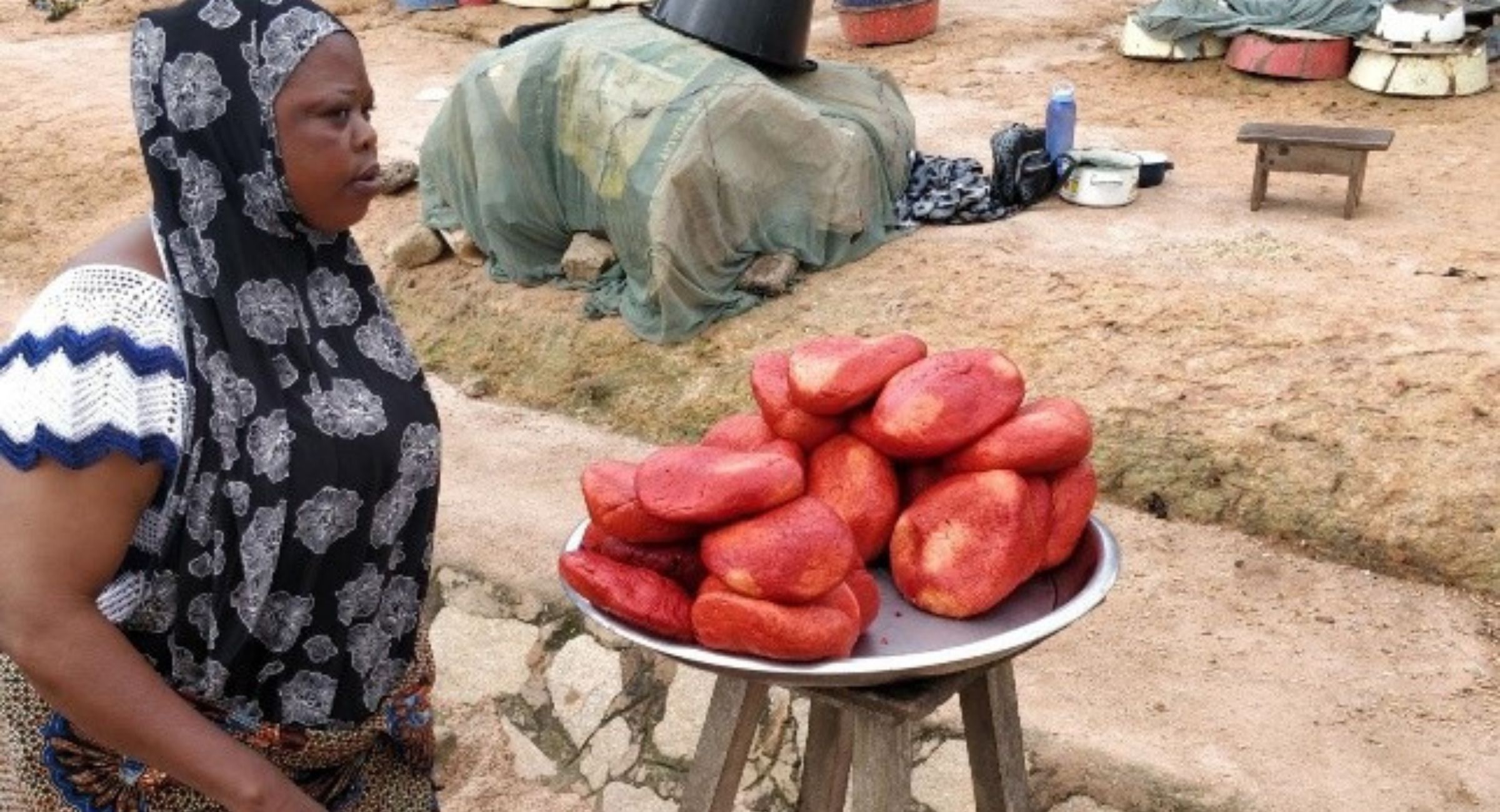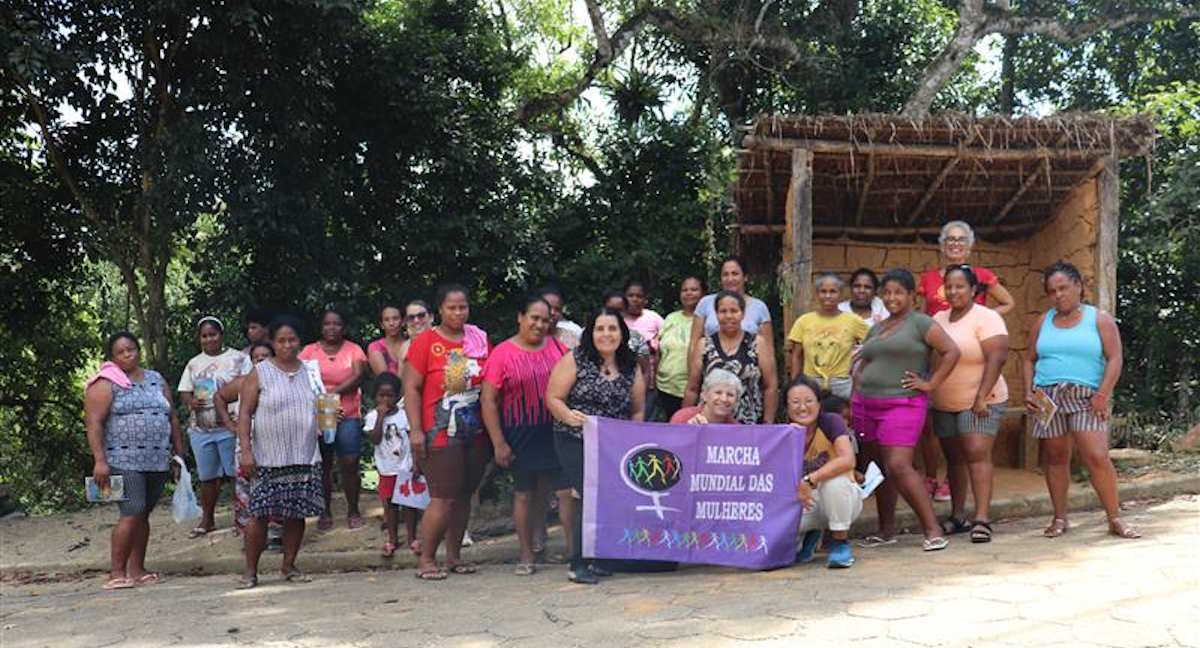Ratified in August 2016, the Interim economic partnership agreement (EPA) between Côte d’Ivoire and the European Union is a free-trade agreement aimed at developing trade and investment links between the two entities. GRET, in support of the Ivorian civil society convention (CSCI), conducted a study on the risks and opportunities of the EPA for the Ivorian population, particularly its most vulnerable groups.
The study, entitled Opportunities and risks relating to the implementation of the Côte d’Ivoire-European Union interim EPA (iEPA) and the National EPA strategy”, was conducted between February and October 2020 as part of the project to support strengthening of Ivorian civil society organisations’ operational capacities. The project aims to strengthen these stakeholders – federated in the CSCI in particular – to conduct their activities for analysis and monitoring of the iEPA and the National EPA strategy, as well as their advocacy actions with public authorities. GRET is providing its support to the CSCI in terms of expertise and training.
The limits of the EPA
The study, conducted jointly by Laurent Levard, rural food and economy programme manager with GRET, and Sié Kambou, research officer with the CSCI, is based on documentary analysis provided, and interviews with the various civil society stakeholders: industrials, farmers, civil society organisation representatives, public authority representatives and researchers.
It underlined the fact that, although the iEPA and the EPA National strategy present opportunities, above all, they involve risks for the Ivorian population, in particular its most vulnerable groups. These risks are mainly linked to increased competition from European importations on the Ivorian market, in particular for agricultural and agrifood value chains, but also for other sectors of industry. Lastly, the study points to foreseeable tax revenue decreases and possible threats for the Côte d’Ivoire regional integration process.
In these conditions, the authors of the study recommend that Ivorian civil society organisations equip themselves with effective monitoring and evaluation tools to quantify the effects of implementation of the iEPA. The challenge consists of being able to independently assess the effects of the iEPA and the National EPA strategy in order to make recommendations in terms of public policies, in particular trade policy. In this regard, civil society must remain open to all options, including those that involve questioning past choices in terms of trade policy.
Civil society’s means of action
For the authors of the study, Ivorian civil society can as of now draw up propositions for advocacy to be conducted vis-a-vis political deciders, in particular concerning:
- a framework for accountability and monitoring and evaluation of public policies, including accurate, detailed information per type of economic stakeholder and value chain on actions undertaken as part of the EPA National strategy and corresponding budgets;
- the operational priorities of the EPA National strategy, in particular the importance given to support for development of value chains intended for the internal market, family farming and small and medium enterprises;
- requirements in terms of the qualitative characteristics of European products.
The study enabled Ivorian civil society organisations to identify the products and sectors most likely to be weakened by liberalisation. It also determined national priorities in terms of industries, the country’s economic and food autonomy, and imperatives in terms of protecting populations’ health and the environment. The study should also enable civil society, together with its strategic allies, to advocate for full use of the iEPA instruments in terms of trade protection or, if necessary, to call the provisions of the agreement into question.
Lastly, it is essential, as part of the regional integration process, to strengthen dialogue and links with civil society organisations and representatives of family farming and small and medium enterprises in other West African countries. The iEPA presents a risk for the regional integration dynamic. Civil societies have a real role to play to contribute to strengthening of this integration and good relations between peoples in the region, in particular via advocacy for policies that are favourable for this integration.





